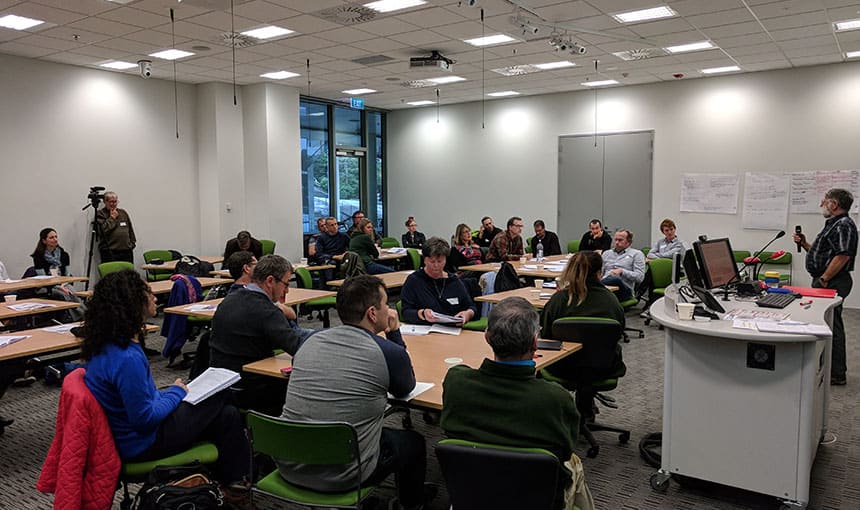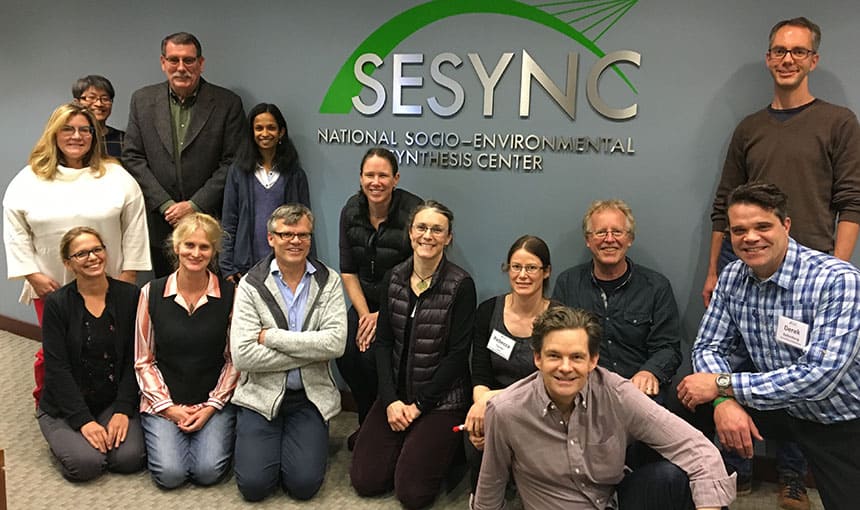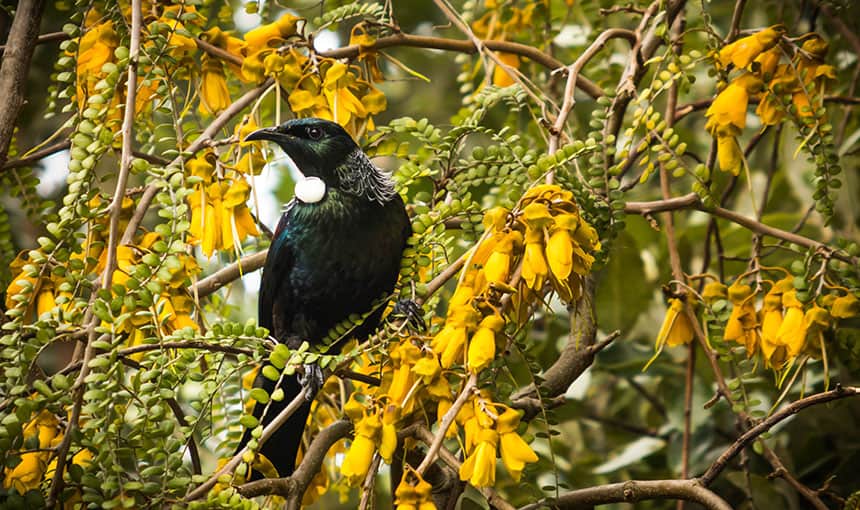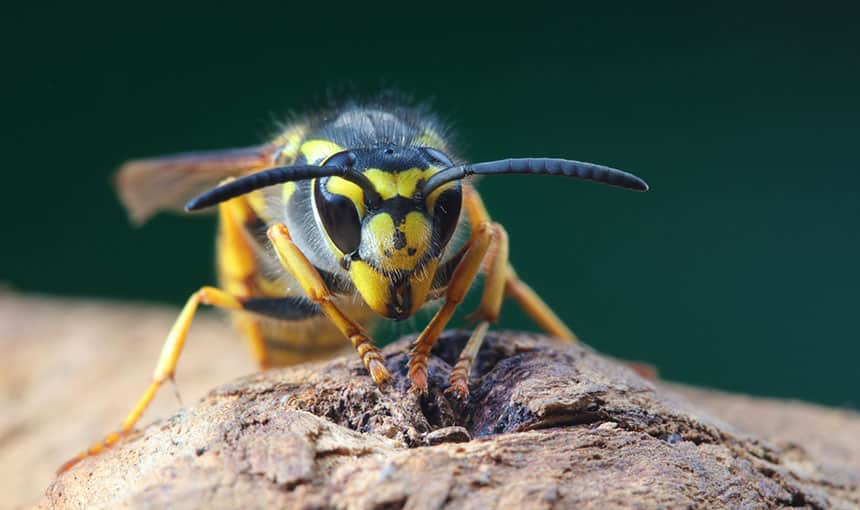Taking the Sting out of the Common Wasp
Large-scale eradication may be in store for the humble wasp – a species responsible for one of the worst pest problems in Aotearoa.
Overview Te Tirohanga Whānui
Wasps have massive impacts on native flora and fauna, along with parts of the production sector including grapes and citrus – and they’re also a public health issue and nuisance.
This BioHeritage project, led by Professor Phil Lester of Victoria University of Wellington, aims to deliver a significant change in wasp management, shifting from small-site control to eradication across large areas.
The researchers are developing four state-of-the-art technologies to combat wasps. This includes assessing their economic feasibility, social acceptability and how practical it would be to deploy them at a large scale.
The work is complemented by two other research strands:
- the development of a wasp eradication strategy
- assessing public perceptions and perspectives on the use of novel pest control strategies.
The project presents a unique opportunity to trial new technologies and ideas to control wasps, contributing toward BioHeritage’s goal of creating a world-class biosecurity system for Aotearoa.
The research inspired Phil to write a book called The Vulgar Wasp that tells the story of Vespula vulgaris – the common wasp – and its impact on us and our biodiversity. In the book he explores how we can manage wasps and learn to live with them, and asks what they can teach us about the challenges we face for pest control.



